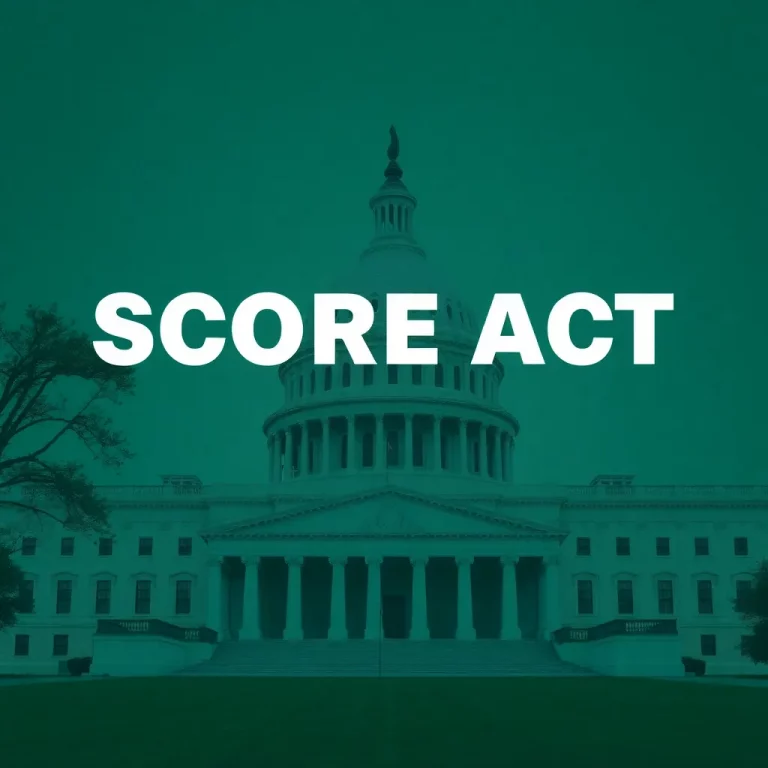Washington, D.C. – A bill that could change the way college athletes are compensated took a significant step forward on Wednesday. The proposed legislation, known as the SCORE Act, received approval from two committees in the House of Representatives, which marks the first time a bill of this kind has made it through committee in Congress.
The SCORE Act passed through the House Energy and Commerce Committee and the Committee on Education and the Workforce with only Republican votes, receiving no support from Democrats. This approval paves the way for a potential vote in the House, but that might not happen until the fall session begins in September due to the upcoming summer recess.
“Student-athletes have consistently asked for meaningful reform — and today’s hearings are a step toward delivering on that request,” said Tim Buckley, the NCAA’s senior vice president of external affairs. He emphasized the NCAA’s commitment to working with Congress moving forward.
However, the bill has faced criticism. Attorneys general from several states, including Florida and New York, have expressed strong opposition, stating that the SCORE Act is a “misguided effort” that could harmful oversight for college athletes. According to critics, the legislation could overstep by allowing the NCAA and major conferences significant control over athlete compensation.
One of the main features of the SCORE Act is that it would allow schools to set rules around name, image, and likeness (NIL) compensation for athletes while providing antitrust protections to the NCAA. This could override existing state laws on NIL, which currently differ across the nation.
Despite receiving approval in the House, the SCORE Act will face challenges in the Senate, where it needs at least 60 votes to pass, including support from some Democrats. One critical voice is Senator Maria Cantwell, who stated that the legislation undermines established athletes’ rights and increases inequality within college sports.
The conversation around college sports is also catching attention at the highest levels of government. President Trump has shown an interest in potentially addressing these issues, possibly through an executive order or forming a commission to explore solutions.
The discussion around the SCORE Act underscores a broader movement in Congress to tackle ongoing issues in college sports and athlete compensation. While the future of the bill remains uncertain, its passage through committee is a notable step in the evolving landscape of college athletics. The upcoming months will be crucial as lawmakers and stakeholders continue to debate the best path forward for college athletes.


